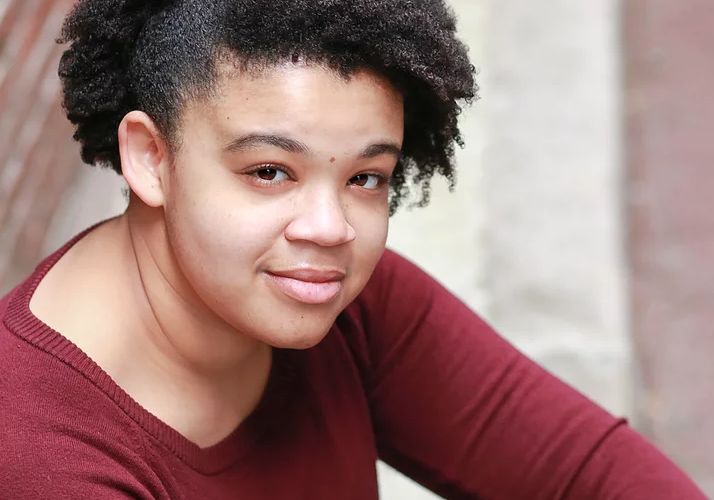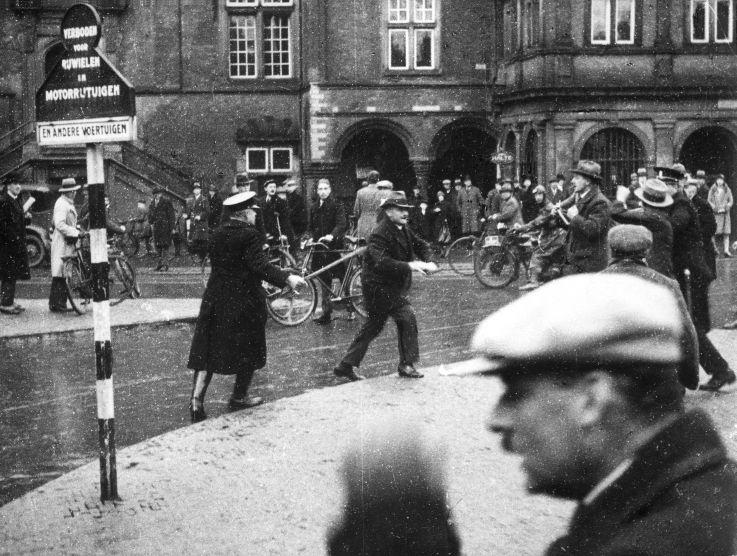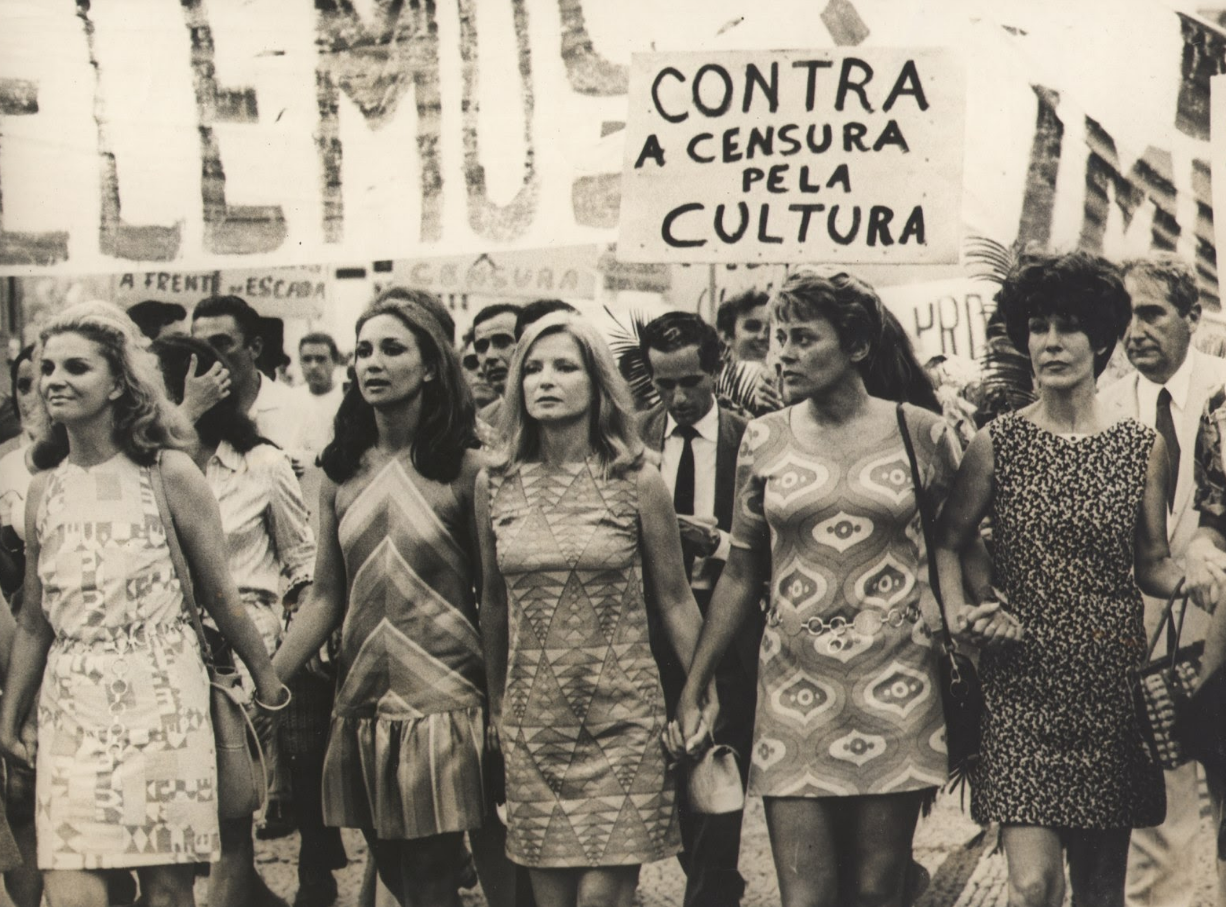Pascale Florestal is an accomplished theatre director, dramaturge, educator, and writer who has been based in Boston since 2014. Originally from Miami, Florestal graduated from Ithaca College and has worked for several theatre companies and organizations in the Boston area, including the Huntington, Company One, SpeakEasy, and even the Front Porch Arts Collective, where she serves as Education Director. She has also assistant directed artists like M. Bevin O’Gara, Paul Daigneault, Billy Porter, and Liesl Tommy.
Florestal also follows her original interest in education, teaching devised theatre at the Boston Conservatory. This year, she won the Greg Farrell Award from NYC Outward Bound Schools for, among other things, “lighting sparks; living boldly; leaving the world a better place.” She was, in fact, about to go into tech for another production when the pandemic began. She recently directed the innovative production DEFERRED: An Episodic Radio Play at Northeastern.
At the start of the pandemic, the Boston Mayor’s Office of Arts and Culture decided to hire somebody to help them and other arts and cultural organizations with their response. Before this moment, no one understood the importance of having a person to oversee and address the direct effects on the arts during times of crisis. The Office contacted Pascale because of her extensive experience and connections in Boston, and although her contract was originally supposed to expire during the summer, she is still working there.
Much of her work there centers around Friday meetings to which all artists and arts and cultural organizations in Greater Boston are invited. They discuss how to create in this moment, relief funds to apply to at the state or city level, and guidelines for performance, rehearsal, and arts spaces. Everyone is still trying to figure out how to continue to make theatre in the pandemic, but Pascale has found two basic guidelines so far: no audiences and no singing, the latter causing the greatest tension due to the city’s classical music sector.
I chatted with Florestal about the hardships Boston theatre artists are facing and the ever important role of the arts. The conversation has been lightly edited for length and clarity.
Which challenges are unique to Boston and its art landscape?
Boston has the feel of a bigger city but on a smaller scale, so it feels less overwhelming. There is still a rich arts and culture scene here. You can make a career here, but it’s not on the same level as New York or LA. What makes things unique is that many use it as an incubator and a place to grow as an artist before they leave.
There are not a lot of arts spaces. Most of the ones that exist are hanging by a thread or have been around for so long that they need a lot of change or renovation. For example, the Huntington had been planning a renovation when I arrived and is still raising capital. There are cultural spaces, yes, especially depending on where you are looking, but it makes it harder to lose them when they shut down or close permanently. There is more at stake because there are not that many places, generally, that are designated artistic spaces here.
Has most pandemic relief support for artists come from private or public/government sources?
I think both private and public funds. There are a couple of foundations in the city that have pivoted money allocated to other stuff into relief funds. Certain foundations can help organizations, but not artists. The biggest thing is the difference between support for individual artists versus an organization or nonprofit institution. Many cultural institutions also have a sector with some sort of profit, and much of the COVID-19 support is for nonprofit work or small businesses. Some organizations have to apply for Paycheck Protection Program loans for small businesses.
You were about to transition to full-time freelance work when the pandemic hit. You have a lot of connections to different organizations, but how are you feeling as a freelancer during this time?
It is hard. Some days I feel like there will be a lot of great work that comes from this moment. We are going to engage and embrace technology in a way that I don’t think theatre would have before. People are seeing theatre as more than just the space that it resides in, because so often that’s how we think of it—that tiny little black box or upstairs in a bar.
But as a theatre artist myself, what’s hard is that I grew up and was taught in a time where I believed theatre to be one thing. That’s what I was hoping to do and it’s not a thing anymore. Not only are we dealing with the pandemic and the inability to be in person, we are also dealing with the racial upheaval that’s going on in this country and within the theatre industry itself. There is a huge reckoning that’s happening and I think that means there will be certain shows that will never be done again. There will be certain ways of creating theatre that we will never see. There’s going to be a new wave of theatre that will be hard for me to adjust to.
I have a great opportunity where I get to teach and use that as a space to refocus the way I create. I think to myself, though, “Maybe I can also take a pause and not be as much of a consistent artist.” I have felt like I’ve always had to be doing something. Now, I think your sanity matters more than having ten projects in one year.
What are the biggest things you’re discussing and telling your students right now?
I think the biggest concern my students have now is learning theatre in this way that is still not really theatre. Sure, people do Zoom shows, but that’s not theatre in the way that we decipher it from film and TV. I also think they think the landscape of the industry is changing so drastically that they are not sure how to be in it. Even before this moment it was hard to be an artist, but I think it will be even harder in this way. At least when we had the opportunity to gather there you felt like you could make connections, but now the connections are so different. They will struggle with that.
The other thing is we are now in this world of making sure we check all the boxes. The show needs to be equitable, needs to speak to X demographic, needs to be queer, inclusive, etc. and I hear these conversations happening a lot. That’s great, but there’s also going to be a lot of learning and unlearning that we need to get through first. That’s always hard, when you thought you had an idea of what theatre was supposed to be and what your life was supposed to be like in it. The entire way we create will be hard for young people to adjust to. I know I’m struggling in it, honestly.
I am teaching scene study class next semester. I’m so excited and that’s my favorite thing to do. But now it will be masked, maybe six feet apart, I can’t touch people, and it is all so weird. It doesn’t bring me the same feeling that that space should bring me. Theatre is such a connective medium and is all about that human connection between you and your scene partner, you and the director, you and the audience, if you’re the performer. That is such a critical aspect of what we do, and when we take that part out and transfer it to screens or on phones, it is almost impossible. Maybe if I do it a million times it’ll work, but probably not the same. I’m not sure.
You have mentioned many positive changes—such as embracing new technologies and increased diversity—but is there anything that you think is negative or that theatre will lose forever due to the pandemic?
I am afraid of the “TikTok theatre.” Especially the Ratatouille musical! I have seen that on the news too many times; there’s gotta be other stuff to cover. Now I know the song and I’ve never seen the show.
What’s really cool about the internet is we have so much more access to everything than we’ve ever had. And my fear with theatre is that there is so much now that it is easier for great work to get lost and not get recognition. Other more popular, more catchy things—like Ratatouille—can steal attention. That is the danger. The abundance can make imperative stories that deserve recognition not get that opportunity.
I also can hear myself and think, “Well, that’s not entirely true.” I sound like I’m saying that only certain people should be allowed to create. And that is a problem! When I think of Pulitzers, Tonys, Drama Desk, and the people we idolize, there are plenty of artists working who don’t have those awards who also deserve that recognition. Still, the theatre purist in me worries about the ability to get lost in all of it. I feel like I have a specific expectation of what a theatrical experience is and it is changing so much faster than I could have imagined. We need to accept that, but it is not easy. It could also just be the Leo in me.
How does the US treat the arts and what impact does that have?
The fact that we as a country and society do not value the arts—and put a dollar to it in the same way we put dollars to the military, police, to all of these things that suck our money away—devalues the importance of the arts. It creates so few opportunities for more revolutionary art to be created and accepted.
I was lucky enough to live in London for a semester and it is so different there. People are not all suddenly theatre people, but you can access a show and it’s not as expensive as here. There are ways to get subsidized tickets and they value it not just as the dollar amount, but also the culture of it. It is not just for tourists, as we see it here; Broadway is not a thing for everyday people. I think we as a country need to shift our mindset to understanding that the more money we put into the arts, the better the country will function.
I don’t know when that will change, but it’s a common fact and accepted ideology that when we value the arts more, we understand the world better and make better decisions. Artists have a unique way of thinking. Artists don’t just work in artistry; they work in every facet of society beyond their specific craft. I’m hopeful, but don’t know if it will happen in my lifetime. I just don’t know if America will ever be in that place where we put it in that tier, where it’s not just a hobby or tourist attraction.
Arts Boston did a great article about how Boston brought in more money through arts and entertainment than any other industry. If it’s doing that, why is there not more support at the state or city level? It’s different in Boston, even, than it is if you go to the other side of the state, like the Berkshires or even Worcester. It’s so interesting to see the disparities in the support. I was on a call with another municipality less than two hours away that just got internet in their office in June! I could go to McDonald’s and get some WiFi!
We can’t forget the disparities within our own communities. It makes it harder for people to see why we should value the arts. I hear that they used most of the CARES ACT money for food and shelter because there are almost no performance venues there, which makes sense. But what does that say about all our priorities and how skewed they are in this country?
What is your biggest hope for Boston theatre through this time? What do you want to see happen?
I think we have support and recognition in this city unlike anywhere else in the country; even New York doesn’t have certain advocacy programs like we do. I think it is not Boston but the country that needs the support. I would love it if Joe Biden would put something into action that creates more support for arts and culture institutions. It is not where it has to be at this moment.
Boston is actually lucky and there’s still so much more that we need. That’s what is sad. We have some great support in the city and the state, but there is so much more money that we need. I think that is just at such another level than the work we are doing, we need much more work all over. It is a much bigger problem and I don’t know the solution. I’m curious to see how things will change, especially when we get out of this nightmare. Interesting nightmare.
What would you say to a reader who doesn’t understand the arts world and the effect of this right now? How do you reach non-theatre people who don’t see this as a priority?
I would say to them, “Imagine the world without TV, music, books, all of these things.” There was a meme going around at the beginning of the pandemic that said, “Thank god for Netflix right now,” and I’m thinking, “That is because of the arts! That is because some artists got to be in some program, were inspired, and had the opportunity to see themselves that way.”
Certain areas of the country don’t even have the access or the ability to know what a theatre looks like. They don’t get that, and that is not a happy place. There is a reason why people are moving to cities. Art is what makes the world go round. All those little things! That’s how imperative it is. There are even practical artists, like lighting or sound designers, who do big things for our culture. That’s artistry too; there is art in everything we do and people need to remember that.
The things we love all come from the arts. That is why it is important—if you can—to give to an arts organization that you love or a theatre company where you saw something great. Some organizations have been asking people to write to their state officials. Let them know that we need more funding for the arts in Boston and everywhere. I can’t imagine schools with every arts program cut; some are already having to find other avenues to supplement. That’s devastating. If you like to watch TV, listen to music, or read books at all, you should care deeply.
AD: Is there anything else that you want to add?
Accessibility. That is one thing that has been great to see. When I get down about not being in a space, I think of how great it has been to see the theatre community understand the importance of accessibility. That has been a bell people have been trying to ring for a long time and now that we are incapable of operating in the usual way, we see we could be engaging with so many more people.
It is always weird in theatre because the whole point is the intimacy and live aspect, but I’ve loved seeing certain performances get videoed. Some musicals that first inspired me were movies: Rent, Dreamgirls. That’s what is great about it. Theatre is no longer so finite but has a legacy and can impact the lives of people in the meantime. It’s the bittersweet thing about theatre. I’ve loved seeing it.



